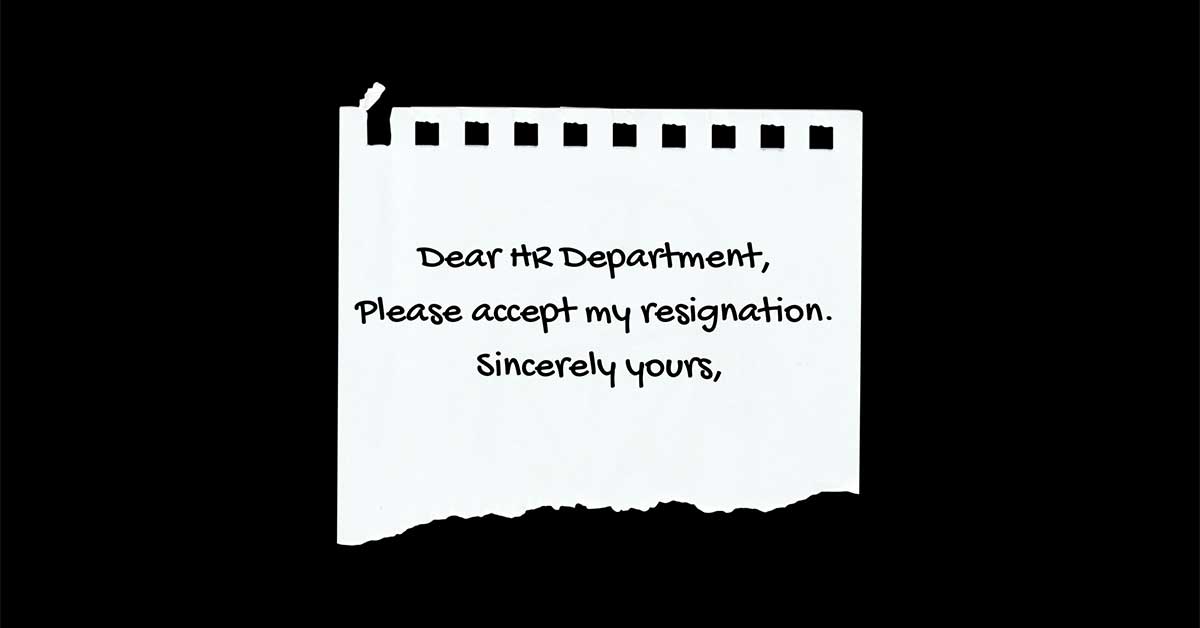Building resilience and curiosity are integral to the delivery of successful change. They embody human and emotive issues and, as a result, create a critical need to focus on mindset in order to establish a foundation for acceptance of change. This involves constantly breaking down mental barriers in order to establish trust and genuine connection, necessitating emotionally intelligent leadership and an adaptive approach to engagement. Adopting an agile mindset and ultimately a questioning culture within teams will drive high performance underpinned by collaboration, innovation and diversity within an organisation. Curiosity is the foundation of an agile mindset; it is a shared way of thinking that drives both personal growth and organisational development by focusing on the ‘why’ in different and often unexpected situations.
One of the principle reasons curiosity is integral to the agile mindset is that often organisations operate in a state of ambiguity. The adage that past behaviour predicts future performance is increasingly outdated. Performance, including commercial success, is not straightforward as many organisations currently working towards new business models would recognise; however, it can still be tempting to interrogate outdated data or hold strong beliefs based on old assumptions. The mind is powerful, and the way in which we frame our perception or expectation from a situation is heavily influenced by our past patterns of thinking and behaviour. Curiosity is a trait that can be learnt, applied and practiced in order to be open to new possibilities, allowing progressive change and evolution in an organisation to unfold.
Demonstrating Curiosity as Part of an Agile Mindset
A January 2019 HBR article titled “Strategic Thinking – Managing when the future is Unclear” discusses the benefits of being proactive and learning more. In order to learn more and demonstrate curiosity, you need to let questions arise naturally: How will this impact my group? What if everything we’re doing today alters? This article encourages leaders to use their internal network and ask others in their organisation for insight, context, and clarity. Leadership which supports an environment that is open and transparent and encourages questioning and curious behaviours ultimately leads to a workplace culture of growth.
So how can leaders demonstrate curiosity as part of an agile mindset? Here are our tips in a nutshell:
- Listen and be present.
- Seek to understand the things that may otherwise induce a judgement.
- Avoid assumptions, ask questions that start with “why” and say things like, “tell me more about that.”
- Accept that it feels messy. The creative process is rarely neat and tidy.
- Being wrong is OK. It’s ok to say I don’t know.
- Take time. The world that’s asking for order is demanding speed as well. Pause, slow things down and take time to look at things for longer, generate lots ideas and options before making a plan of action.
- Try things on. Play with questions and ideas and concepts, try them on for size. Give yourself permission to explore. Seek surprise.
- Give up perfection. This doesn’t mean quitting. It means you need to let go. Perfectionism is a false construct. There is no end. You never get to perfect.
Curiosity is integral to building an agile mindset and increasing tolerance of ambiguity.
Accepting ambiguity and appreciating that as leaders we do not always have the answers is the first step in this journey. The key challenge is to develop a shared sense of curiosity within teams to increase resilience, to embrace ambiguity and to see the opportunity within change. The ability to thrive during periods of ambiguity separates the great managers who go on to become exceptional leaders from the rest at Change 2020 we can help you create great leaders. Ask us how today!




